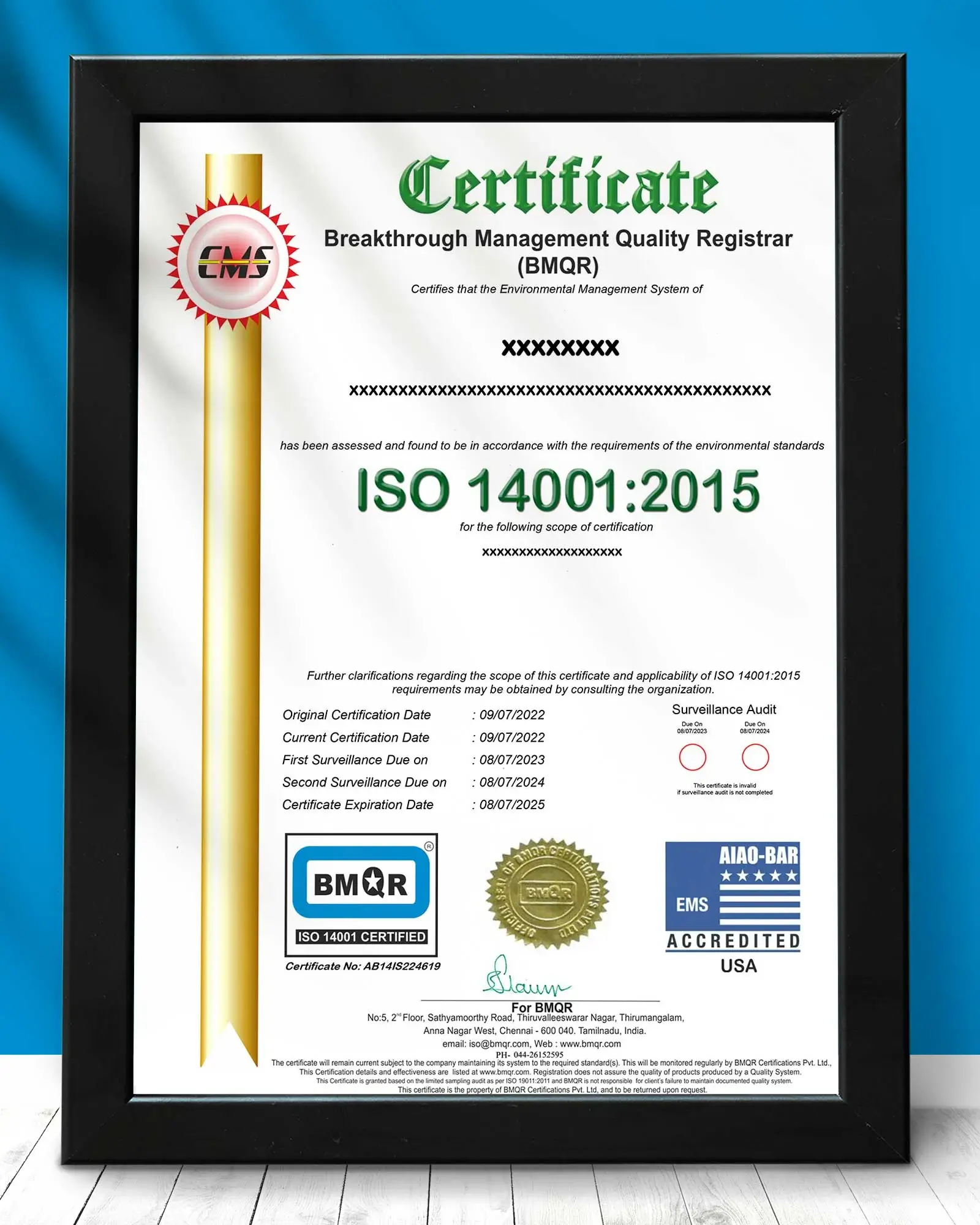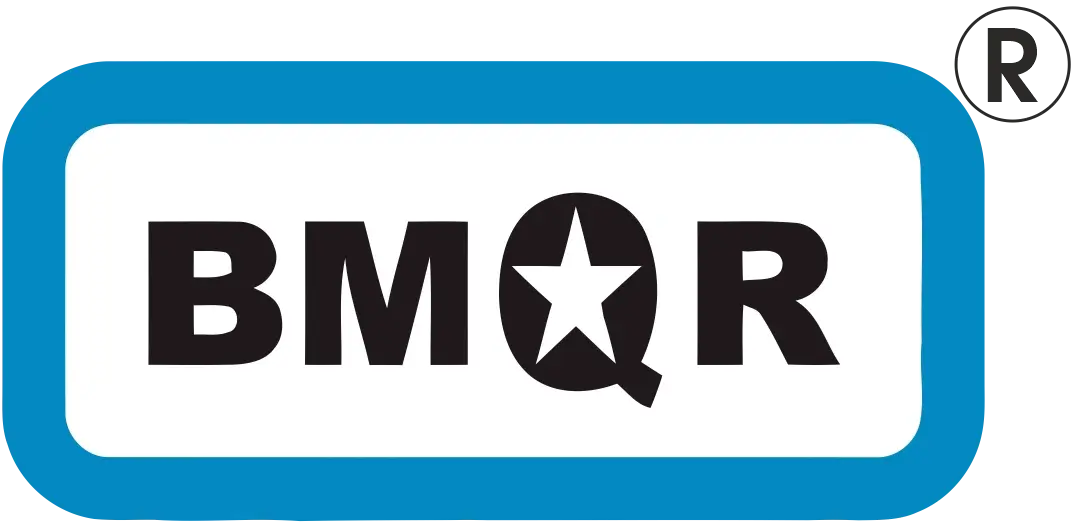Introduction
BMQR certification is a significant step towards sustainable development and meeting customer expectations. By implementing an effective Environmental Management System (EMS), organizations can not only contribute to a greener future but also simplify customer audits and enhance their vendor evaluation scores. In this article, we will explore key aspects that ensure ISO 14001 compliance and foster a culture of environmental responsibility while maximizing customer satisfaction.
Understanding Customer Requirements Obtaining
ISO 14001 certification allows organizations to align their environmental practices with customer expectations. By recognizing and fulfilling the specific environmental requirements set by customers, companies demonstrate their commitment to sustainable business practices. Understanding customer needs helps tailor the EMS to address environmental concerns that are of utmost importance to clients, thus strengthening relationships and fostering trust.
Embracing Sustainable Development :
ISO 14001 focuses on environmental management and encourages businesses to adopt sustainable practices. By integrating eco-friendly policies, resource conservation, and waste reduction strategies, organizations can minimize their ecological footprint. This not only benefits the planet but also enhances the company's reputation as a responsible and environmentally conscious entity, attracting environmentally-aware customers.

Streamlining Customer Audits :
ISO 14001 certification facilitates smoother and more efficient customer audits. The systematic approach of the EMS ensures that environmental processes are well-documented, easily accessible, and consistently adhered to. When customers conduct audits, the organization's readiness and compliance with environmental regulations are readily demonstrable, saving time and effort for both parties.
Driving Continuous Improvement :
To achieve ISO 14001 certification, organizations must commit to ongoing improvement in their environmental performance. By embracing a culture of continuous improvement, businesses can regularly assess their processes, identify areas of inefficiency, and implement corrective actions. This not only supports their certification status but also reflects a dedication to delivering superior products and services, leading to enhanced customer satisfaction.
Maximize Vendor Evaluation Scores :
Many customers use vendor evaluation systems to assess suppliers' environmental practices. Achieving ISO 14001 certification significantly boosts a company's standing in such evaluations. ISO 14001 certification serves as a concrete indicator of an organization's commitment to environmental stewardship, giving it a competitive edge over non-certified competitors. Higher vendor evaluation scores can lead to increased business opportunities, attracting environmentally-conscious customers who prioritize sustainable partners.
Conclusion:
Obtaining ISO 14001 certification is a multifaceted approach that brings numerous benefits to an organization. By aligning with customer requirements, contributing to sustainable development, streamlining customer audits, and enhancing vendor evaluation scores, businesses can thrive in a greener, more responsible world while meeting customer expectations more effectively






